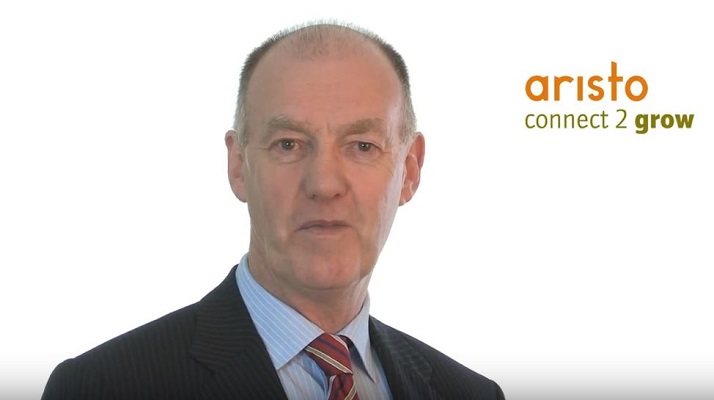Speaking in public is the number one fear, rated above death in numerous surveys over the years.
We have all met the so-called experts who are happy to give advice to people who speak in public or who are about to speak in public, in spite of the fact that they would never do so themselves.
The advice proffered by these so-called experts is usually negative e.g. slowdown, speed up, speak up, don’t mumble, stop moving or start moving.
They call this constructive criticism which is criticism with the word constructive in front of it; in my experience coaches and trainers are as guilty of this type of advice as anybody else.
My Advice (Andrew Keogh)
My first piece of advice to anybody about to speak at an important event, be it a business meeting or a family occasion, is to prepare well in advance with the support of someone who has previously spoken at important events and can provide you with good common sense guidance.
This is my job as a consultant who advises senior Executives on how to prepare their message and deliver it with confidence, whether the audience is 1, 5, 50 or 500.
Who is your audience?
The first and most important preparation is to decide who is your audience? Whether the audience is five or 500, choose the one person in the audience you would wish to listen to you and to understand the message you wish to deliver. e.g.
Business audience: Is it the person who signs the cheque?
Father of the bride speech: Are you speaking to the groom or your daughter?
Who am I talking to in this blog?
A person who is very good at their job but whose career is being restricted because of their lack of confidence to speak up on important occasions? Is this you?
Purpose of TALK
What is the purpose of the talk? I want you to think of your talk as a conversation, not a speech, presentation, lecture or sermon (churches are empty because no one wants to be sermonised to).
When preparing your talk ask yourself which one of the following would you want your talk to do?
- Inform the mind?
- Touch the emotions?
- Change the will?
Also all talks should entertain, I do not necessarily mean funny ha! ha! I am sure you would agree that most business talks you hear are boring. Speakers should remember the old joke, if you haven’t struck oil after 10 minutes, stop boring!
The Basics
Sports people are always talking about getting the basics right and are continually practising the basics in training. Successful speakers also need to train.
Here are the basics for presenting which need to be prepared and practised if you wish to be recognised as an engaging and entertaining speaker .
Open:
Get your audience’s attention in the first twenty words or seven seconds.
Body of Talk:
Demonstrate that you have EARNED the right to speak on this subject.
Show that you are EXCITED and EAGER to speak on this subject.
Close the Talk:
Deliver one final message clarifying how the audience will be better as a result of taking your advice.
Then CLOSE with a very specific call to action.
“A good speaker (like a good maître d’) does not deliver a menu, he advises on what is best for you on the menu.”
If you have an important occasion coming up in the near future and you would like to speak with confidence and clarity be it a business or family occasion please contact me.
My next Blog, in two weeks’ time, will dig deeper into how to get the Basics right and enhance your reputation as a speaker.





